End-to-End Time Release study launched

SHARE THIS PAGE!
The Revenue Services Lesotho (RSL), in collaboration with the South African Revenue Services (SARS), the Border Management Authority (BMA), and the World Customs Organisation (WCO), officially launched the End-to-End Time Release Study (TRS) between Lesotho and South Africa this week in Maseru.
Speaking at the launch, RSL deputy commissioner general Tṧireletso Mojela underlined the importance of efficient cross-border trade for Lesotho, a landlocked country where trade facilitation is not just a policy priority but a fundamental pillar of economic growth and regional integration.
“Since the entry into force of the WTO Trade Facilitation Agreement in 2017, Lesotho has undertaken considerable reforms to its trade environment, aimed at reducing the time, cost, and complexity associated with cross-border trade,” Mojela stated.
She added that the End-to-End TRS is designed to offer a comprehensive view of border performance.
By capturing real-time data from both Lesotho and South Africa, the study aims to identify procedural gaps, align cross-border processes, and drive evidence-based reforms that address the actual challenges faced by traders, exporters, and travellers.
“The study will also guide infrastructure development and promote harmonised border procedures that are both efficient and effective,” Mojela noted.
SARS Acting Chief Officer for Customs and Excise, Beyers Theron, explained that the WCO Time Release Study is a globally recognised tool used to measure the time taken to clear goods and complete all border formalities – from arrival to final release. The goal is to pinpoint bottlenecks and implement targeted improvements to boost efficiency.
“Time Release Studies are critical not only for identifying the root causes of border delays but also for enabling the transition from traditional to modern, automated border systems,” said Theron.
“They are also instrumental in enhancing trade corridors and fulfilling SACU’s trade facilitation commitments.”
Theron further highlighted that the TRS offers quantifiable benefits to economic operators by identifying and reducing bureaucratic inefficiencies and costs, supporting sustainable regional trade growth, and aligning with the objectives of the African Continental Free Trade Agreement.
“In closing, we extend our gratitude to our trading partners and their representative bodies -SAAFF, RFA, and BUSA – for their support and active participation in this study,” he concluded.

Committee opposes proposed sin tax hikes
3 days ago
CHAL urges govt to respect MoU
3 days ago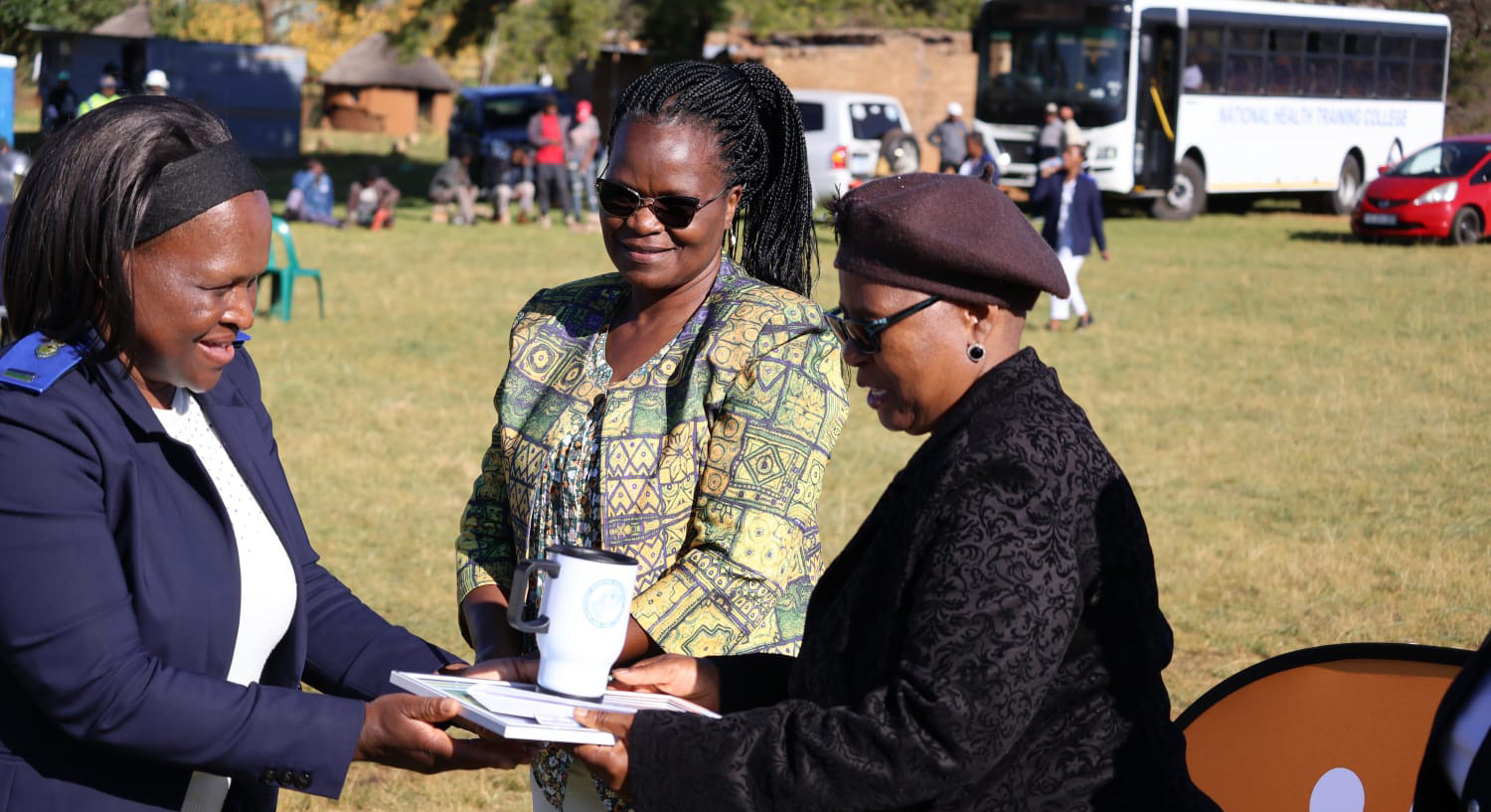

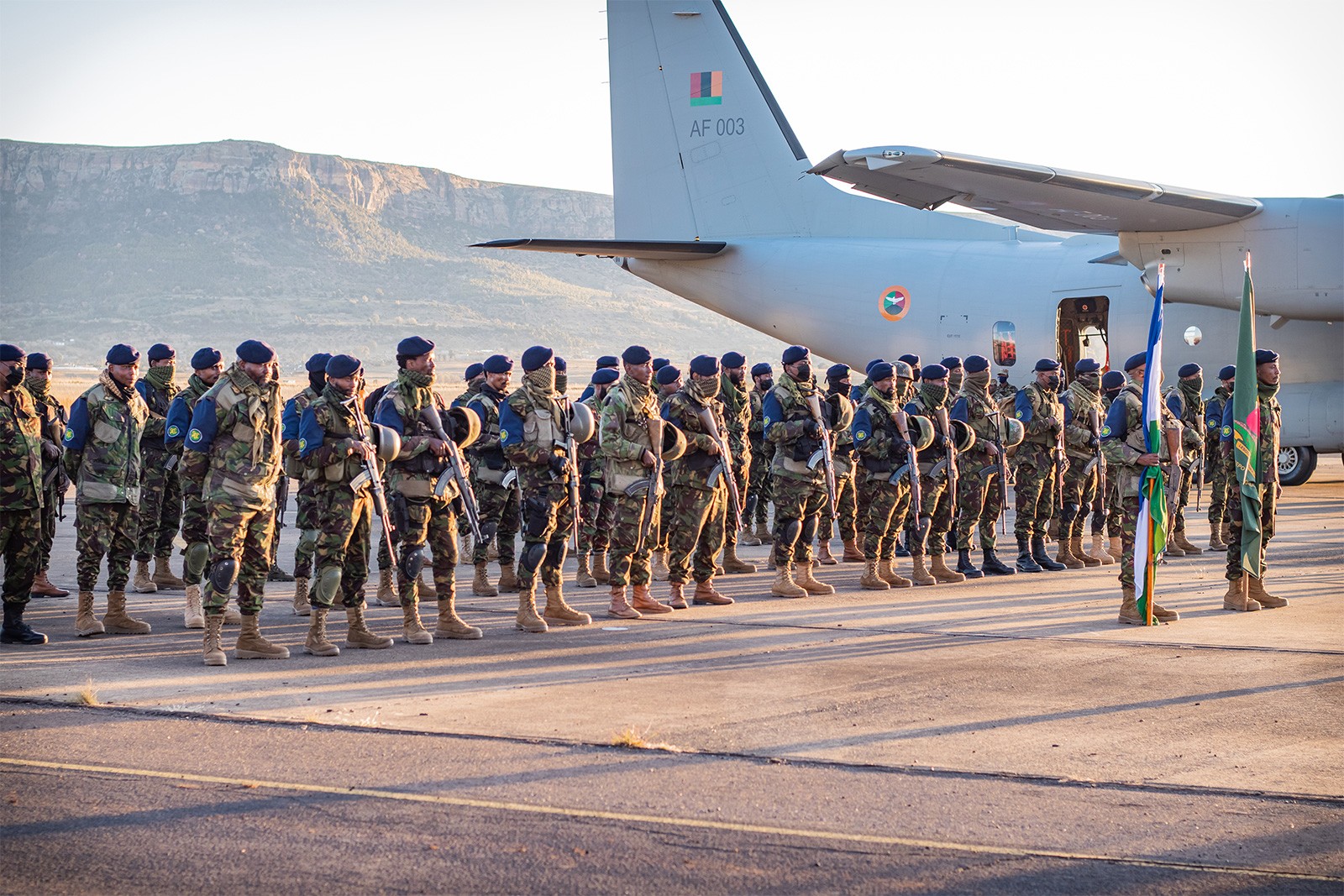
LDF ordered to fix botched 200K payout
6 days ago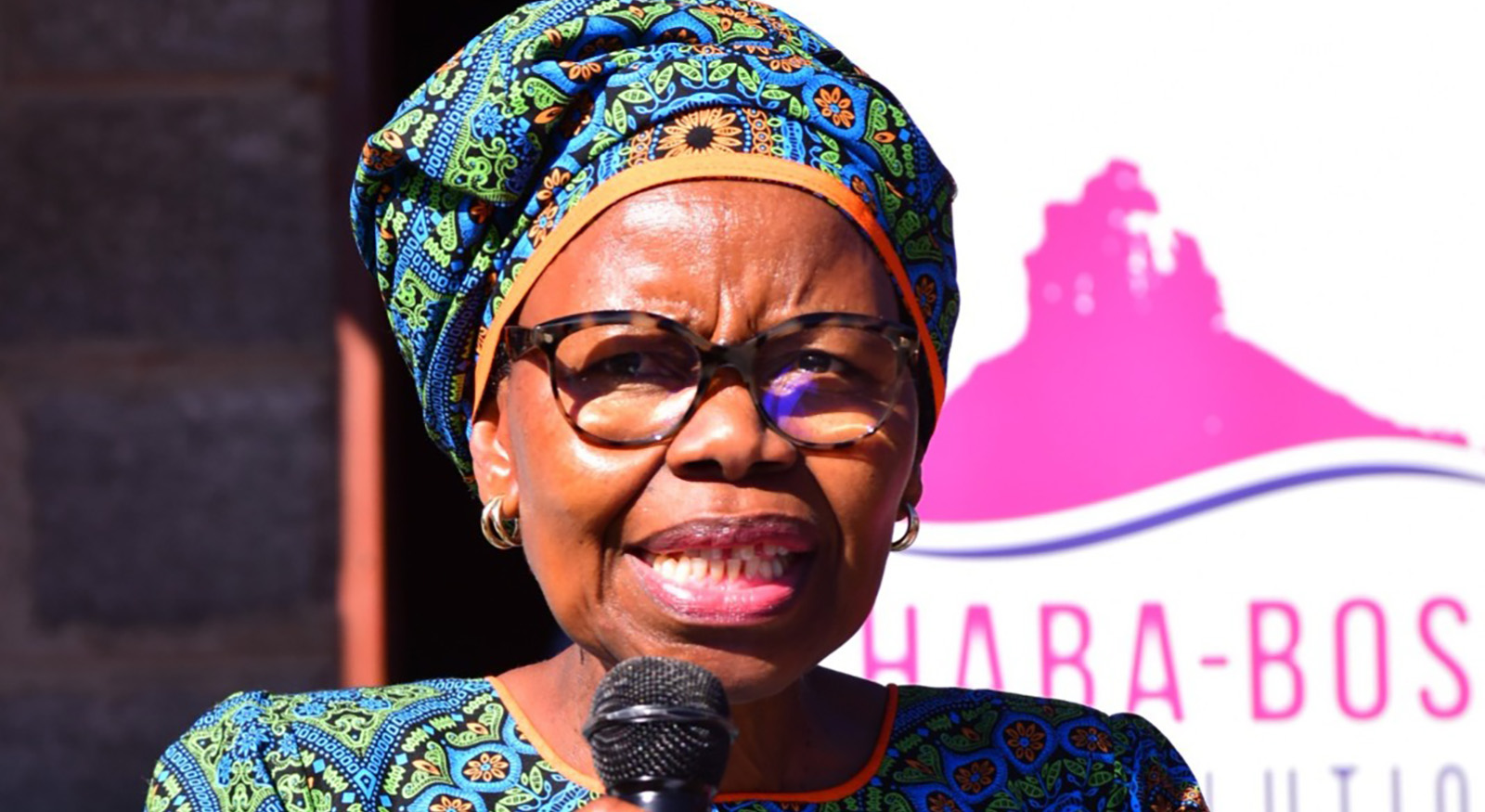
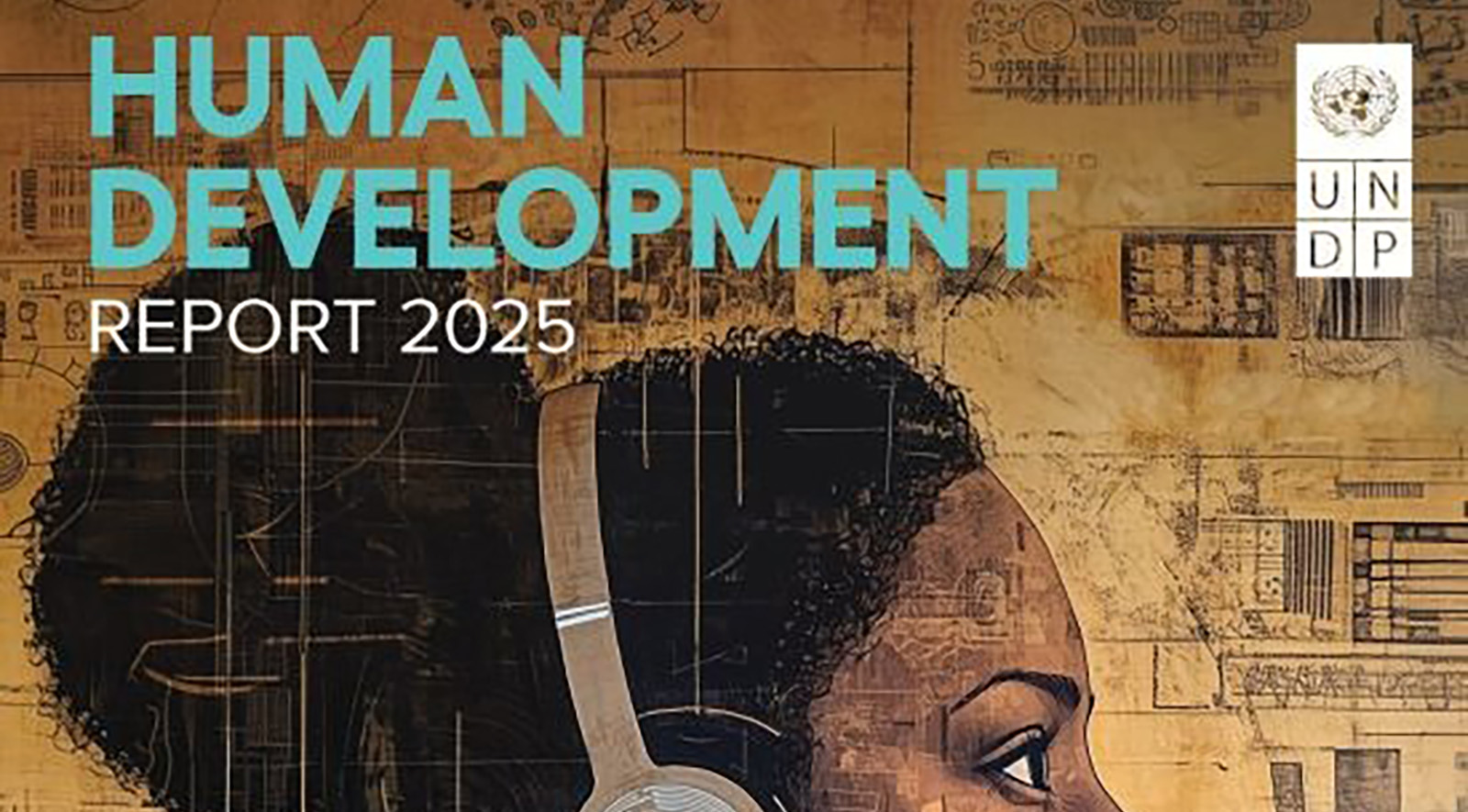

Construction company lays off 1, 400 workers
12 days ago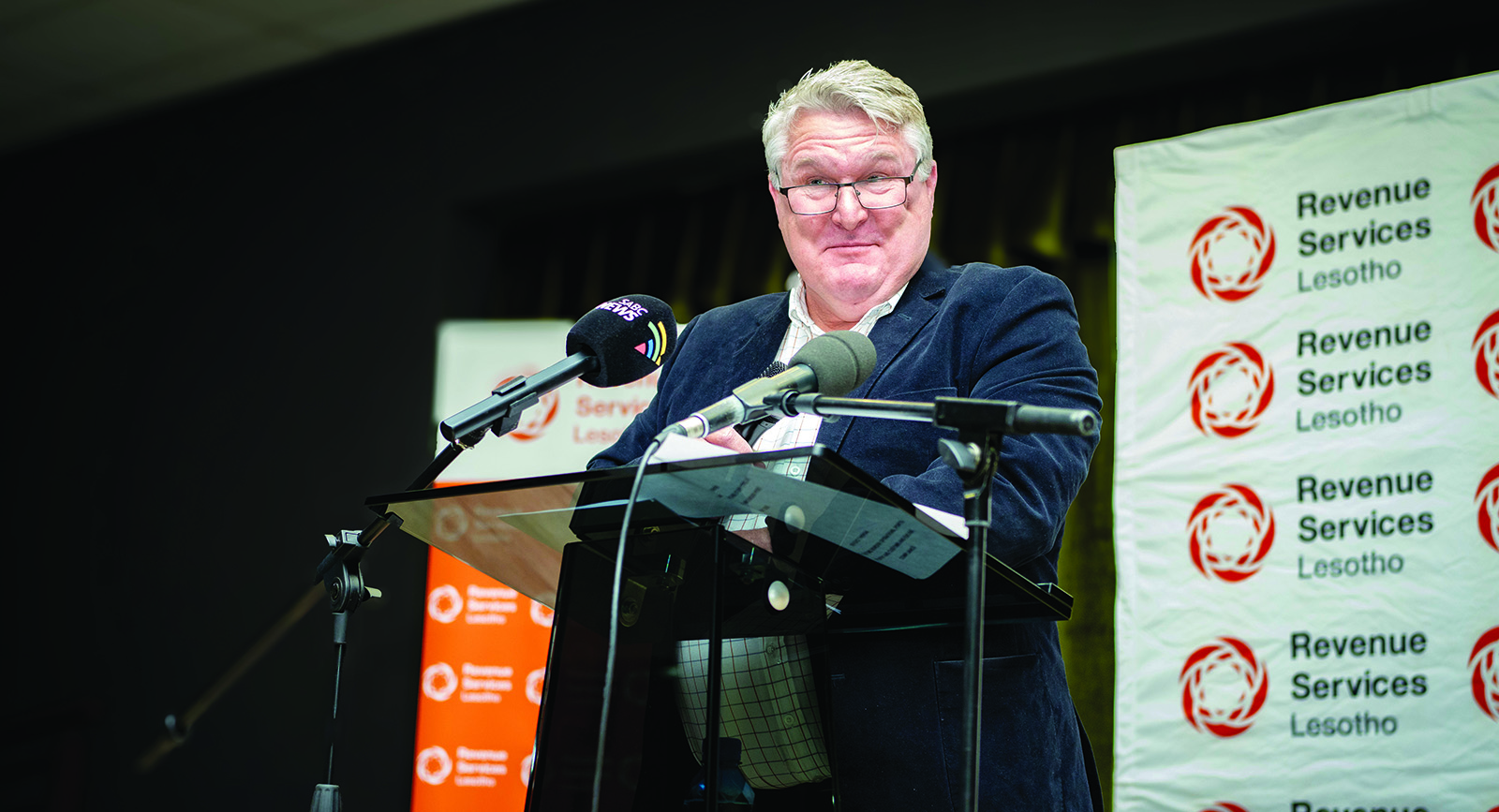
End-to-End Time Release study launched
13 days ago